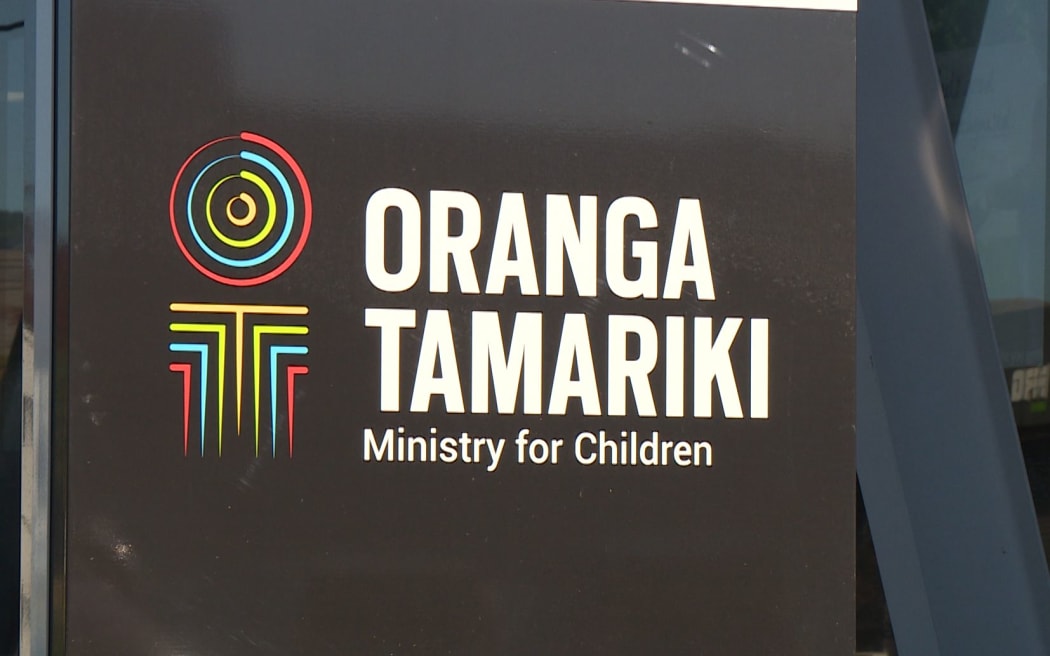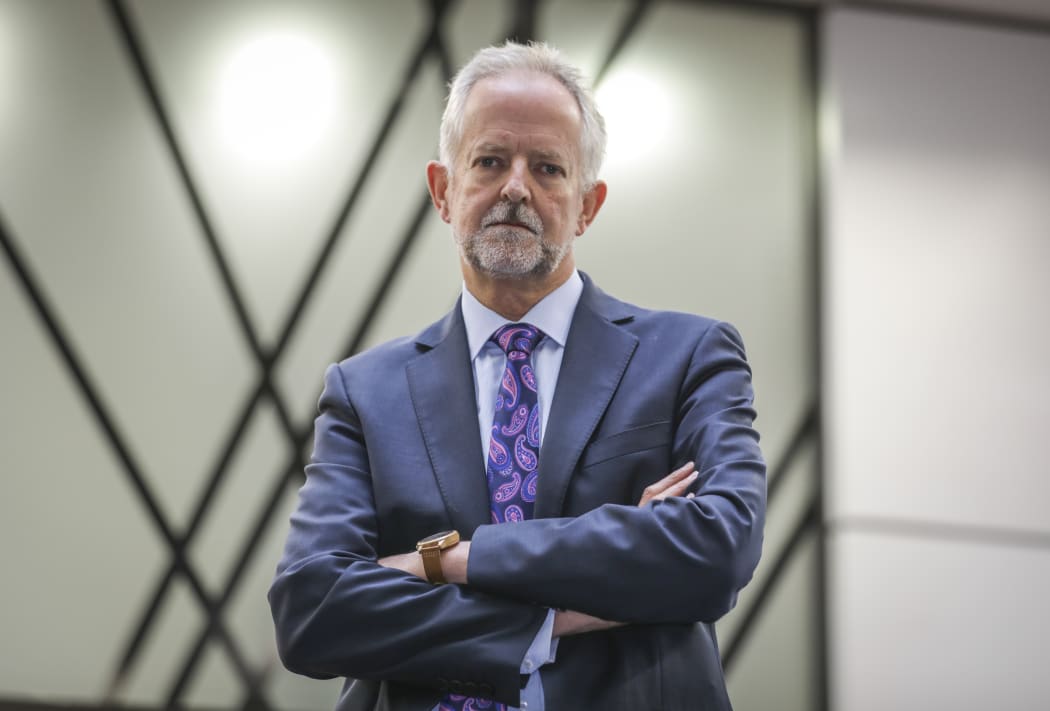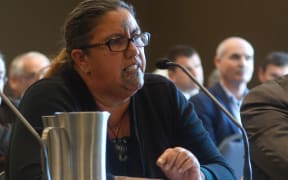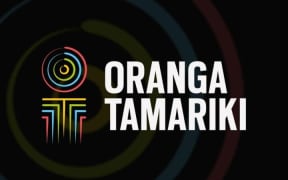More than half of children taken from their whānau by Oranga Tamariki are Māori and the number of Māori children taken by the agency has risen since 2014, new statistics show.

Photo: RNZ / Dom Thomas
The ministry has been under public scrutiny over the way it takes Māori babies from their whānau and has today released extensive statistics due to the growing public interest.
One of the ministry's deputy chief executives, Glynis Sandland, said it wanted to be transparent.
"We have had a number of requests for information and there is a lot of public interest in this information so we felt it was a good opportunity to share that more in the public domain and provide transparency," she said.
The numbers show that since July 2008, Oranga Tamariki had taken more than 4300 babies under the age of one into care. Of those, 62 percent were Māori.
"There has been a slight decrease in the number of children entering care over the past ten years, which has primarily been driven by a reduced number of non-Māori children entering our care," the report said.
When asked why the number of Māori taken by Oranga Tamariki was not reducing, Ms Sandland said that was what the new legislation on 1 July would try to improve.
"That is exactly what we are working on now, we know that they represent the largest group of children taken into care so we are strengthening our competency and confidence to engage more effectively with Māori to improve outcomes."
The numbers show there has been an increase in Māori babies going into care which, it says, has been largely driven by an increase in the number of Māori babies, particularly from 2014/15 - with a small decrease in the last year recorded.
What it also breaks down is how children are taken into care. In the year between July 2017 to June 2018, about 80 percent of children between were taken into care urgently by the ministry or police.
This can be done through urgent applications to the Family Court for warrant by Oranga Tamariki or police (section 39 and 40) or Section 78, which is an interim custody order or urgent action by NZ Police.
Under those conditions the ministry and police do not have to notify the family - but Oranga Tamariki could not say how many had been told.
Second chance for a revolution - Children's Commissioner
Oranga Tamariki statistics emphasize the urgent need to address the increase of children taken into state care, the Children's Commissioner says.
The Commissioner, Andrew Becroft, said that although the numbers were not new, they painted a picture of the reality facing whānau Māori.

Children's Commissioner, Andrew Becroft Photo: RNZ / Rebekah Parsons-King
"They have indicated a problem we have known for some time and they certainly show on their face that the removal of infants and babies is a significant issue and deserves attention."
Judge Becroft said there was an opportunity in 1989 when the new Children, Young Persons and Their Families Act came into legislation - but it had clearly failed.
"There was a clear vision then of partnership and devolution of resources to iwi and Māori organisations. There was huge expectation and excitement at the time but - we have to say, viewed with the sad benefit of hindsight - that so-called revolution never materialised as it could have done," he said.
"That went on for decades and all of us involved share some blame of that. What this does show however is that this time round, as of July 1st, there is a second chance for a revolution."






